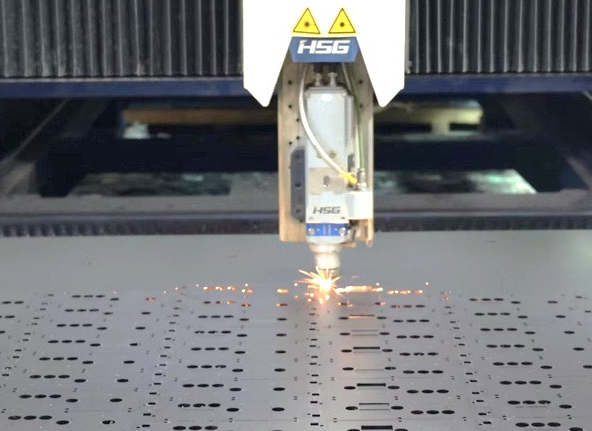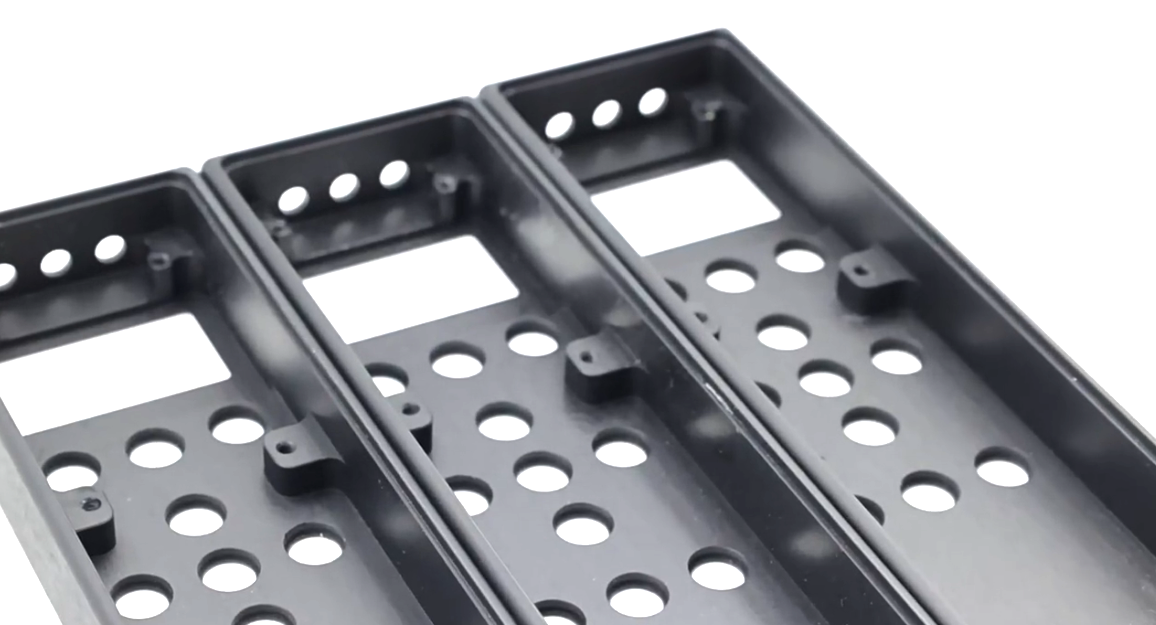 Sheet Metal Materials
Sheet Metal Materials
Start Your New Quote

Alpha-Mold provide custom sheet metal prototyping service, offering fast-turnaround and cost-effective solutions from a single prototype to production runs of 1,000+ parts. Our rapid sheet metal fabrication service is ideal for producing flat metal parts quickly, allowing you to evaluate prototypes in their final material, typically within a week or less. This efficiency enables the parallel production of multiple prototype designs, saving time and reducing costs.
Our competitive pricing is up to 30% lower than that of Europe and the United States, without compromising on quality. This makes our sheet metal manufacturing service an excellent option for minimizing initial tooling investments and achieving fast market entry.
Whether you need a single prototype or a production run of 1,000+ parts, Alpha-Mold can help you bring your product to market quickly and efficiently.
Sheet metal manufacturing is a crucial process in the production of metal parts and products, involving the transformation of flat sheets of metal into various shapes and structures. This process is foundational in industries including automotive, medical devices, aerospace, electronics, and energy, enabling the creation of components that are both lightweight and durable. Common materials used in sheet metal manufacturing include steel, aluminum, copper, and brass, each chosen based on specific requirements such as strength, corrosion resistance, or conductivity.
The process begins with flat sheets of metal. These sheets undergo various processes such as cutting, bending, punching, and welding to form the desired shapes. Advanced CNC machines and laser cutting tools are often used to ensure precision and consistency, allowing manufacturers to meet tight tolerances and complex geometries.

Methods of Sheet Metal Manufacturing
There are several key methods used in sheet metal manufacturing, each suitable for different applications:
Cutting: This can be done using laser cutting, plasma cutting, or shearing. Laser cutting is especially popular for its precision and ability to cut intricate patterns.
: Bending is achieved using press brakes, which apply force to the metal sheet to create angles and curves. CNC press brakes are widely used for their accuracy.
Punching: Punching involves creating holes or cutouts in the sheet metal using a punch press. This method is often used for producing components with repetitive patterns.
Welding: Welding joins two or more pieces of sheet metal together, forming a strong and durable bond. Techniques like MIG, TIG, and spot welding are commonly employed.

Sheet metal is used to fabricate body panels, chassis, brackets, and interior components, providing the strength and lightweight properties required for vehicle performance and safety.

The ability to produce lightweight yet durable components makes sheet metal manufacturing crucial for aircraft, including fuselage panels, wing structures, and engine parts.

Sheet metal is used to create enclosures, heat sinks, and chassis for various electronic devices, ensuring both protection and efficient heat management.

In construction, sheet metal is utilized for roofing, cladding, HVAC ducts, and structural elements, offering durability and resistance to environmental factors.

Precision and sterility are vital, making sheet metal an excellent choice for surgical instruments, medical equipment housings, and support structures.

Sheet metal is used to product machine housings, frames, and components, providing durability and precision for industrial machinery and heavy equipment.
The typical finishes for sheet metal parts are similar to those of other metal fabrication. At Alpha-Mold, we excel in providing a range of advanced surface treatment solutions, ensuring that each Sheet Metal machining component meets the highest standards of quality and visual appeal. You can select the best finish based on your needs.

Below are the most prevalent finishes and how they apply to sheet metal pats.
Click here to learn more about our finishes!
Our Other Ways of Rapid Prototype